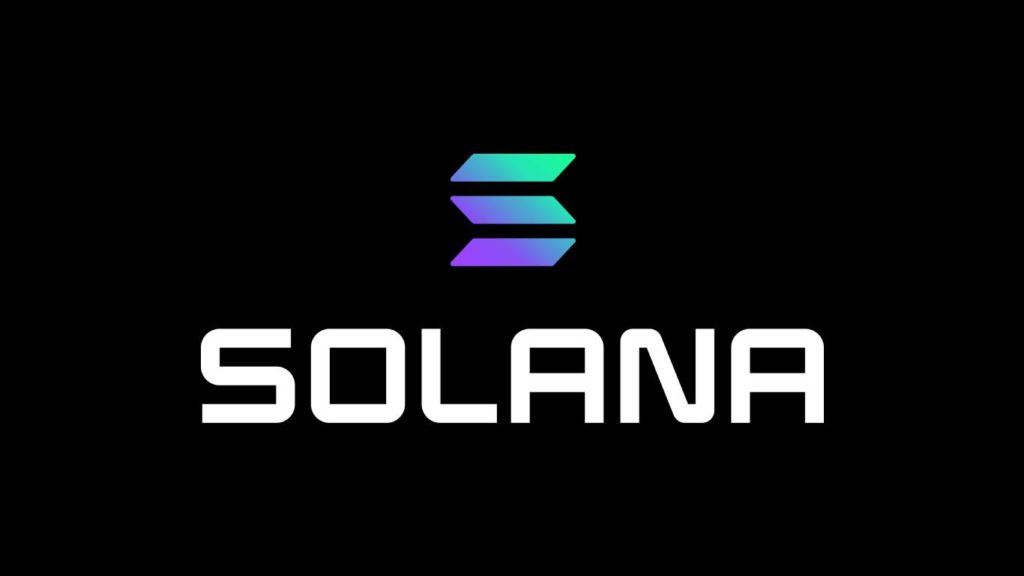
In the fast-paced world of blockchain technology, Solana has emerged as a true game-changer, reshaping the landscape of decentralized finance (DeFi) as we know it. With its high transactions per second (TPS), robust scalability, and innovative approach, Solana is transforming the way we interact with financial systems. DeFi is disrupting the traditional finance model with its main goal to decentralize the centralized banking system through decentralized networks without relying on intermediaries.
In this blog post, we will dive deep into the outstanding advancements brought by Solana and explore how this cutting-edge blockchain is transforming DeFi.
Solana: An Overview
Solana blockchain provides smart contract capability through a proof-of-stake (PoS) mechanism. At its core, Solana employs a unique combination of innovative technologies and consensus mechanisms to achieve unparalleled transaction throughput.
Meanwhile, Solana provides a flexible and powerful programming environment for developers to build complex smart contracts and decentralized applications (dApps). With support for multiple programming languages like Rust, C, C++, and AssemblyScript, developers can leverage their existing skills and seamlessly create applications on the Solana blockchain.
Working Model of Solana
Solana utilizes a mix of proof-of-history and outsourced proof-of-stake methods. In order for Solana to function, the Proof-of-History (PoH) mechanism is critical, as it enables the compilation of historical documents that prove a certain event occurred.
While validators on other blockchains must interact with one another to agree on the passage of time, each Solana validator keeps its own clock. SHA-256 VDF is the system that is used in these clocks.
In order to validate a VDF, a Solana validator must complete a number of sequential steps. In spite of sophisticated computers, these processes can be accelerated by approximately 30%.
The Proof-of-History technology reduces interaction among nodes and allows them to work in parallel. Solana allows the processing of new DeFi transactions consistently with increased security and transparency. Afterward, the performed transactions are shared with the other network nodes, who validate them and arrange them chronologically based on the time stamps.
The capacity of Solana is to process up to 50,000 transactions every second with low gas fees when combined with its seven other important features. So this is better to use than Ethereum.
Solana can be deployed on your own infrastructure at your convenience. However, this could take a considerable amount of time and effort. You will be better off using a Solana node deployment service that will do the job for you.
Benefits of Solana in DeFi
There are many benefits to having Solana in DeFi, but here are some you need to know.
1. Speed
Solana is capable of handling 56,000 transactions per second. Under test lab circumstances, the figure rises to 111k. The platform is scalable in terms of technology and capacity. Therefore, the number will rise with the growth of the industry.
2. Low transaction fees
Because of Solana’s low transaction rates, it is a reasonable platform for DeFi users, allowing consumers to access financial services without paying high transaction fees.
3. Ecosystem support
Solana has an expanding network of DeFi-focused developers and projects, providing an inviting atmosphere for developers to create and launch their apps.
4. Increased security
Solana is a very secure platform for DeFi applications due to its use of powerful cryptography and other security features. This secures user payments and data from cyberattacks and other breaches of security.
5. Transparency
Solana-based DeFi applications are transparent, which means that consumers can see every transaction and piece of information on the blockchain. This increases responsibility and aids in the prevention of fraudulent operations.
6. Interoperable
Solana is intended to be interoperable with different blockchain systems, enabling Solana-based DeFi applications to communicate with different networks and increase their capabilities.
Use Cases of Solana
Before starting to use Solana, you should be aware of certain factors. Especially what the service can be used for and what wouldn’t work. Have a look at the following use cases of Solana –
1. Decentralized Applications
Decentralization has a lot of advantages and disadvantages. The Solana blockchain facilitates users and developers to create and deploy smart contracts because it supports smart contract functionality. With the help of Smart contracts, developers can develop decentralized applications (dApps).
Smart contracts are also supported by the Ethereum blockchain, Solana is the most trusted by developers due to its high-performance.
2. Lending Protocols
Developers have leveraged Solana’s blockchain for currency deposits and lending. Users can earn interest and even establish automated payment systems. Lending protocols like Apricot Finance and Solend represent this functionality.
3. Non-Fungible Tokens (NFTs)
NFT is one of the most popular crypto innovations that has transformed the whole technology with its outstanding benefits. The responsibility of NFT applications is to grant users the freedom to trade their digital assets. More than this, users can build their own NFT marketplaces, so they can buy, sell, and trade their digital work.
Pros
- High scalability and throughput
- Low transaction fees
- Fast confirmation times
- Robust network infrastructure
- Developer-friendly ecosystem
Cons
- Relatively new blockchain platform
- Limited tooling and resources
- Less decentralized network compared to some alternatives
Final Thoughts
Solana is a cutting-edge blockchain with vast promise. While it is not a direct Bitcoin alternative, it could potentially evolve into a genuinely global crypto payment alternative by offering considerably quicker processing speeds with the Proof-of-History settlement mechanism as well as lower transaction fees.
In addition, the Solana blockchain provides developers with a range of programming languages and tools, making it easier to build customized applications. All these features suggest that Solana could be an excellent choice, especially in the DeFi space. If your goal is to build and deploy smart contracts on Solana, then you can join hands with a reliable blockchain infrastructure provider company that meets your needs.
Solana Review
-
Interface
-
Features
-
Performance
-
Usability
-
Price
Summary
Solana is a high-performance blockchain platform created with decentralized applications and cryptocurrencies in mind. The platform aims to provide fast transaction processing, low fees, and scalability.